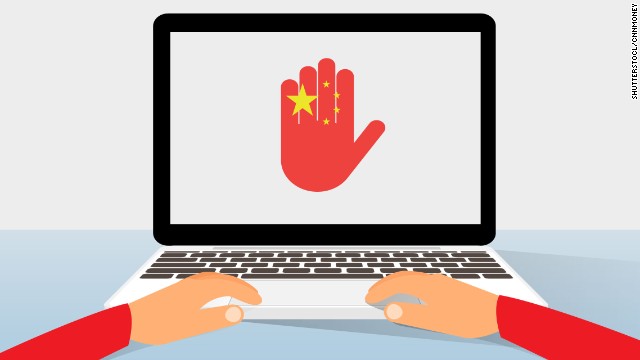
In March 2023, China introduced a crackdown on “self-media,” a term used for news produced independently by ordinary people on social media and websites. This initiative, led by the Cyberspace Administration of China, aimed to control the spread of information by those who are not officially recognized as journalists. However, as reported by Bitter Winter, this campaign did not achieve its intended results, leading to even stricter regulations a year later.
By April 2023, the Chinese authorities had acknowledged the campaign’s shortcomings and introduced new, more severe measures on April 21, which were published two days later. These measures included the creation of five specific crimes related to the use of self-media, each carrying the possibility of harsh punishments.
The first new offense is termed “self-directed and self-acted fraud,” which involves the posting of misleading information about various aspects of life to deceive the public and disrupt order. This can include altering photos and videos or presenting outdated news as current events.
Another significant crime is “speculating on social hot topics,” where individuals sensationalize news to attract attention, sometimes using conspiracy theories. Additionally, the regulation targets those who “frame the topic with generalizations,” using biased or negative language to create shocking headlines and amplify negative emotions, thus harming societal harmony.
ALSO READ: Taiwan Reports Increased Chinese Military Activity After Blinken Visit
The fourth crime involves portraying oneself in extreme personal conditions, such as being very poor or wealthy, to gain public attention. Lastly, the term “new yellow news” has been introduced to describe sensational journalism that often blurs the lines between truth and fiction, offering little value and potentially misleading the public.
This term, “new yellow news,” has sparked commentary among netizens, with some pointing out its ironic application to state media‘s portrayal of the West and the United States, as observed by Bitter Winter. Such criticisms, however, are quickly censored.
These new regulations highlight the ongoing challenges the Chinese government faces in controlling the narrative on the internet, a concern that has been repeatedly expressed by President Xi Jinping. The vagueness of these rules also allows for broad suppression of any content deemed undesirable by the Communist Party, under the guise of lacking “public value” or “undermining social consensus.”






